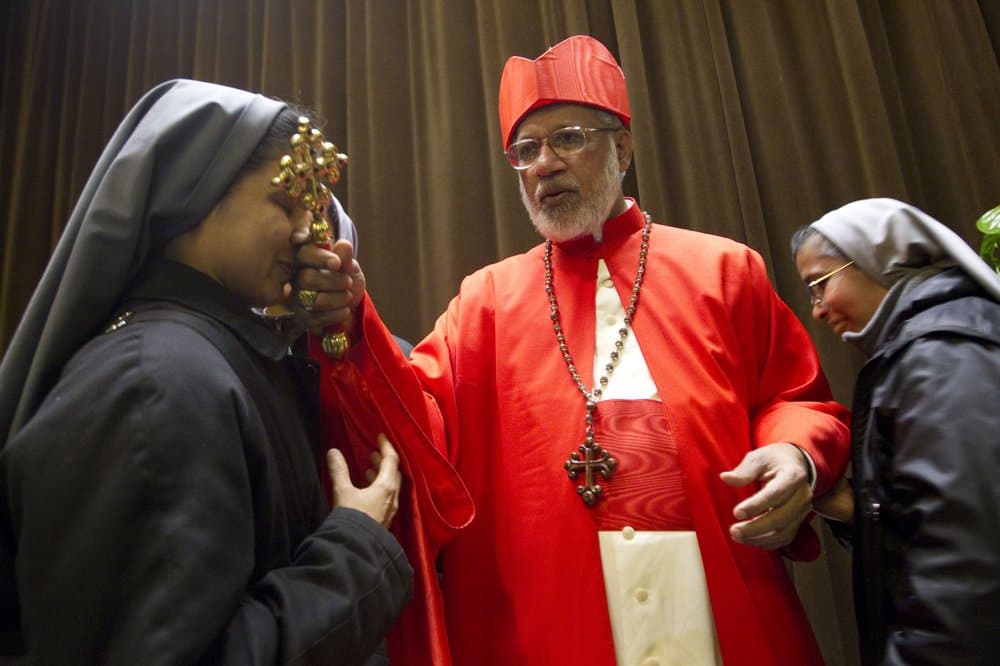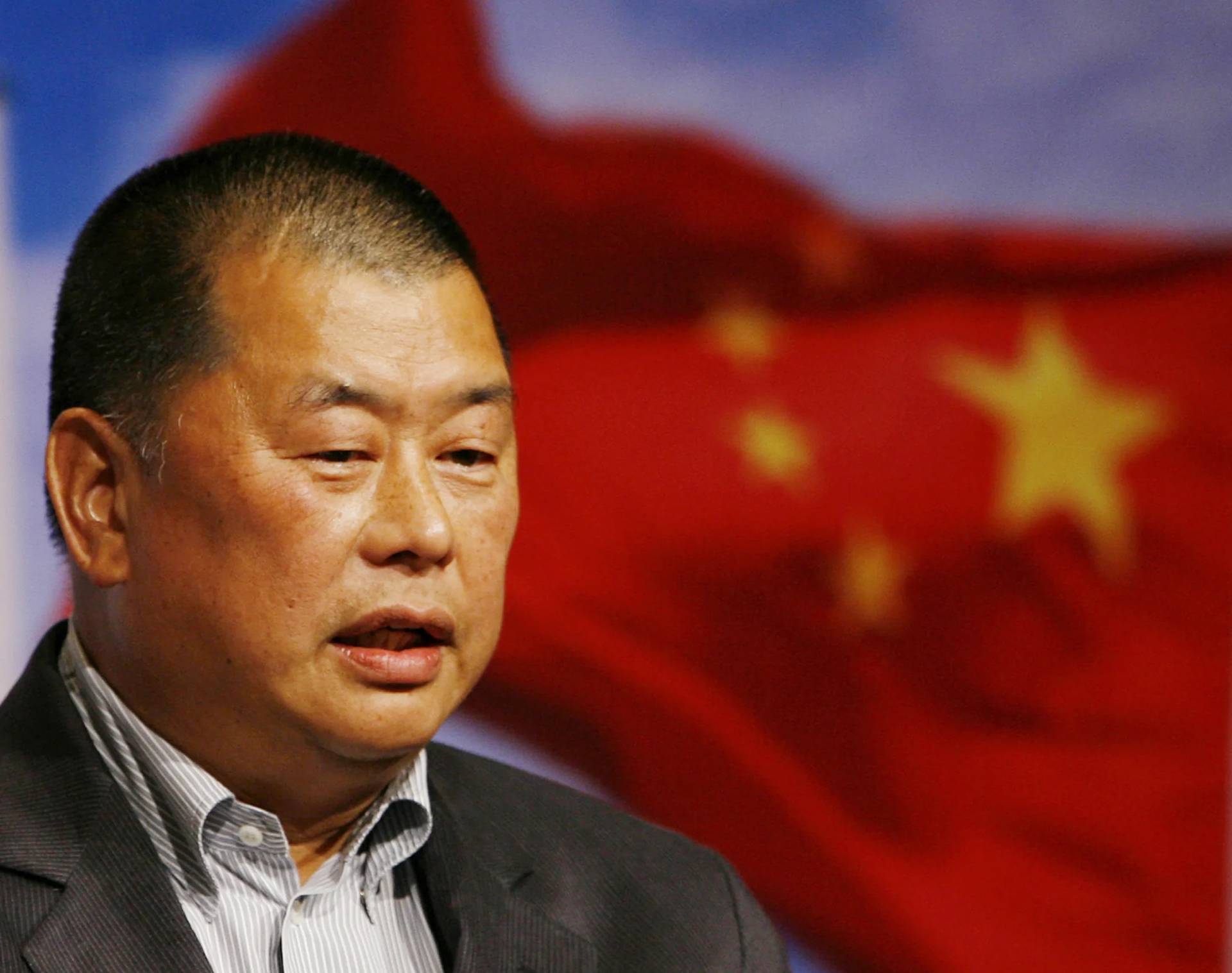MUMBAI – A spokesperson for dissidents in an internal fight currently lacerating the second-largest eastern Catholic church has warned that an upcoming emergency meeting ordered by the Vatican to resolve the dispute may reflect a “vindictive” and “retaliatory” approach, rather than a genuinely Catholic effort.
“The tone is not very positive, and it indicates that there is no possibility of rethinking the decision on uniformity. This gives the impression of being retributive,” said Father Paul Thelakat, a former spokesman for the Syro-Malabar Church and one of the members of the church concerned about recent liturgical decisions.
Cardinal George Alencherry, Major Archbishop and head of the Syro-Malabar Church, has convened an emergency meeting of the Synod of the Church at its headquarters of Mount St. Thomas in southern India June 12-16.
A statement from the Syro-Malabar Church said the official order convening the meeting has been transmitted to members of the Synod by Alencherry.
The synod is being convened on instructions from the Vatican after permanent synod members visited Rome early this month, said the statement issued by Father Antony Vadakkekara, a public relations officer and media commission secretary for the church.
At issue are liturgical changes in the way the Syro-Malabar Mass in celebrated.
In 2021, the church’s synod decided to adopt a uniform mode of celebrating the liturgy, which priests face the people during the Liturgy of the Word and then the altar during the Liturgy of the Eucharist, turning around again to address the congregation after communion.
While virtually all of the church’s dioceses have adopted the new system, clergy and laity in the Archdiocese of Ernakulam-Angamaly, by far the largest Syro-Malabar jurisdiction, have rejected it, arguing that facing the people throughout the Mass is a legitimate liturgical variation and one more consistent with the reforms of the Second Vatican Council (1962-65).
In early May, Alencherry led synod members to Rome to hold discussions with Italian Cardinal Pietro Parolin, Secretary of State in the Vatican, and Italian Archbishop Claudio Gugerotti, Prefect of the Dicastery for the Eastern Churches, where the division over the celebration of the Mass was discussed.
In the meanwhile, Archbishop Andrews Thazhath, Apostolic Administrator of the archdiocese, sent out an appeal to church members to cooperate to reopen the St. Mary’s Basilica, which was closed on the eve of Christmas 2022 after protests in and around the church.
RELATED: Syro-Malabar church blames basilica closure on liturgy protests
In an interview with Crux, Thelakat expressed skepticism that the emergency meeting will resolve the underlying issues.
“First of all, there is a lot of secrecy with the issue concerned. There is no openness to dialogue and discussion on the issues at debate,” he said.
“I appreciate the Vatican decision to ask the synod itself to reconsider the problem. It is the synod which made the problem, and the synod itself must solve it.”
Thelakat pointed to an earlier decision by the Syro-Malabar synod in 1999, which countenanced diversity in the mode of celebrating the Mass.
“May I point out that uniformity is not at all a great ideal the synod must seek?” he said. “It must attempt to restore unity at all costs.”
Thelakat then cited a talk delivered by Pope Francis in 2014.
“I would like now to reflect upon some themes which I consider important. The first is unity in diversity. Uniformity is not Catholic, it is not Christian,” the pontiff said. “Rather, unity in diversity … Unity does not imply uniformity; it does not necessarily mean doing everything together or thinking in the same way. Nor does it signify a loss of identity.”
Thelakat argued that the pope’s sentiments are opposed to the idea of imposing a uniform liturgy on the church.
“The press statement from the Major Archiepiscipal Curia on the special synod says it ‘will be a resolution of the problems confronting the Ernakulam-Angamaly Archdiocese in implementing the unified Mass’,” he said. “I am afraid there is a dialectical process, and not a dialogical process. The synod must abstain from a Manichean fight of ideology.”
Thelakat also pointed to a 2005 homily from then-Cardinal Joseph Ratzinger, later Pope Benedict XVI, to the College of Cardinals in 2005 the day before his election. Reflecting on Jesus quoting a text from the prophet Isaiah, Ratzinger noted that Jesus omitted a reference to “the day of vindication by our God.”
“The vindictive approach, in other words, the retaliatory approach, may hamper resolution of the issues at stake,” Thelakat said.














